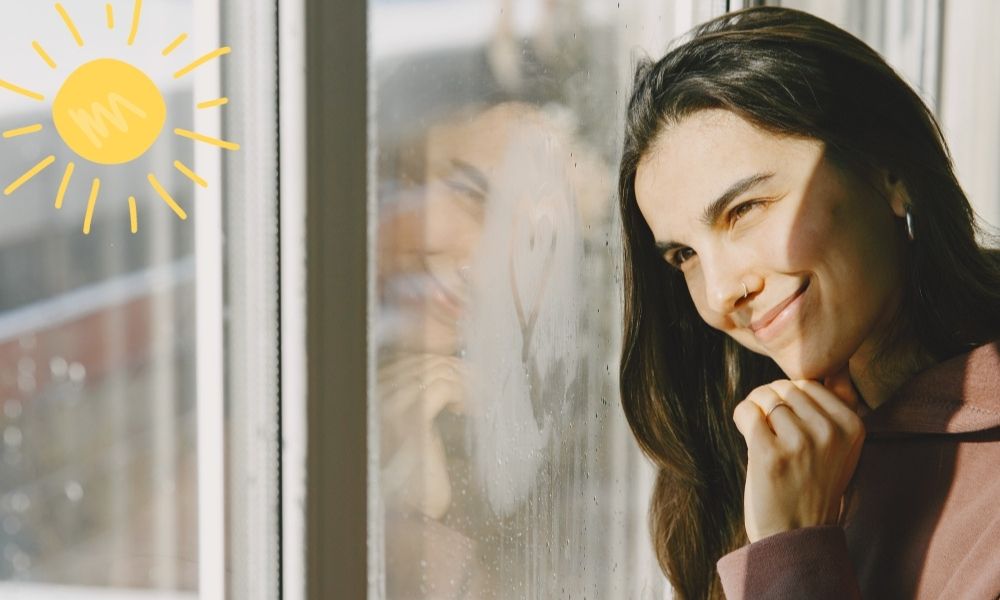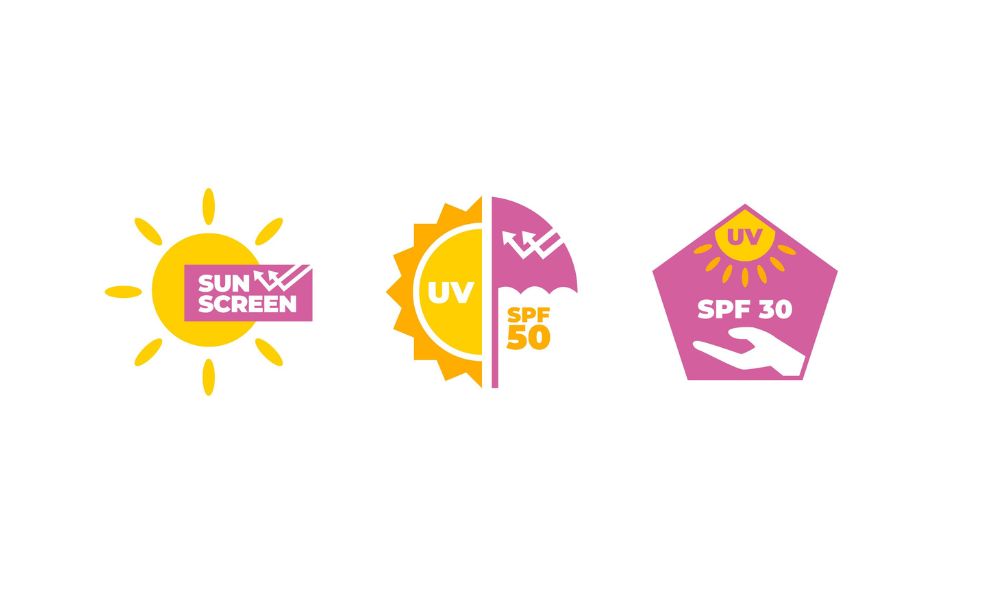Articles

Skin Care
Should We Apply Sunscreen At Home ?
Sunscreen at home: Friend or foe? Sunscreen is our shield against the sun's harmful rays, but is it necessary even when we're indoors?
Sunscreen is generally not necessary indoors as most windows block the sun's UVB rays, responsible for sunburn. However, UVA rays, linked to aging and potentially cancer, can penetrate some windows.
So, sunscreen at home is a personal choice.
This blog dives deep into the science of sun protection, exploring whether sunscreen at home is essential or an overblown precaution.
Sunscreen Indoors: Fact or Fiction?
Generally, you can ditch the sunscreen indoors as the risk of sun exposure is minimal. However, spending extended periods near sunlit windows warrants reconsidering. Here's why:
- Ultraviolet (UVR) rays, the culprits behind sunburn and skin aging, sneak through windows. While UVB rays (causing sunburn) are mostly blocked, UVA rays (linked to aging and cancer) can penetrate deeper.
- Skincare enthusiasts and those with sun-sensitive skin may benefit from daily indoor sunscreen use. It offers an extra layer of protection, especially if you live in sunny regions or have large windows.
Sunscreen Indoors: When Does it Make Sense?
Consider these factors before slathering on sunscreen at home:
- Window situation: Large, south-facing windows with direct sunlight call for more caution.
- Sun exposure duration: Brief glances at the sun likely pose minimal risk, but prolonged periods necessitate protection.
- Skin sensitivity: Individuals with fair skin, a history of sunburn, or skin conditions like lupus might require extra sun protection, even indoors.
- UV index: If the UV index is forecast to be 3 or higher, even short bursts outdoors warrant sun protection.
# Remember
Sunscreen is just one part of a sun-safe lifestyle. Combine it with:
- Clothing: Opt for sun-protective clothing that covers exposed areas.
- Hats: Wide-brimmed hats shield your face, neck, and ears.
- Shades: Sunglasses protect your eyes from UV damage.
- Seeking shade: Whenever possible, avoid direct sunlight, especially during peak hours.
The Bottom Line: Sunscreen Indoors - A Personal Choice
While sunscreen indoors isn't mandatory for everyone, understanding your individual risk factors and sun exposure habits empowers you to make an informed decision. Prioritize sun protection outdoors and consider adding indoor sunscreen if it aligns with your skincare routine and sun sensitivity.
FAQ:
Question 1: What is the difference between UVA and UVB rays?
Answer:Both UVA and UVB rays come from the sun, but they differ in their properties and impact on your skin.
- UVB rays are shorter and have a higher energy level. They cause sunburn, tanning, and contribute to skin cancer.
- UVA rays are longer and penetrate deeper into the skin. They contribute to premature skin aging and wrinkles, and also play a role in skin cancer.
Question 2: How much sunscreen should I apply?
Answer:To be effectively protected, apply sunscreen generously and evenly to all exposed skin 15 minutes before sun exposure. Reapply every two hours, or more often if swimming or sweating. Don't forget areas like your ears, lips, neck, and the tops of your feet!
Question 3: What are some specific ingredients to look for in sunscreen?
Answer:Look for a broad-spectrum sunscreen with an SPF (Sun Protection Factor) of 30 or higher. This will protect you from both UVA and UVB rays.

 Doctor Consultation
Doctor Consultation















